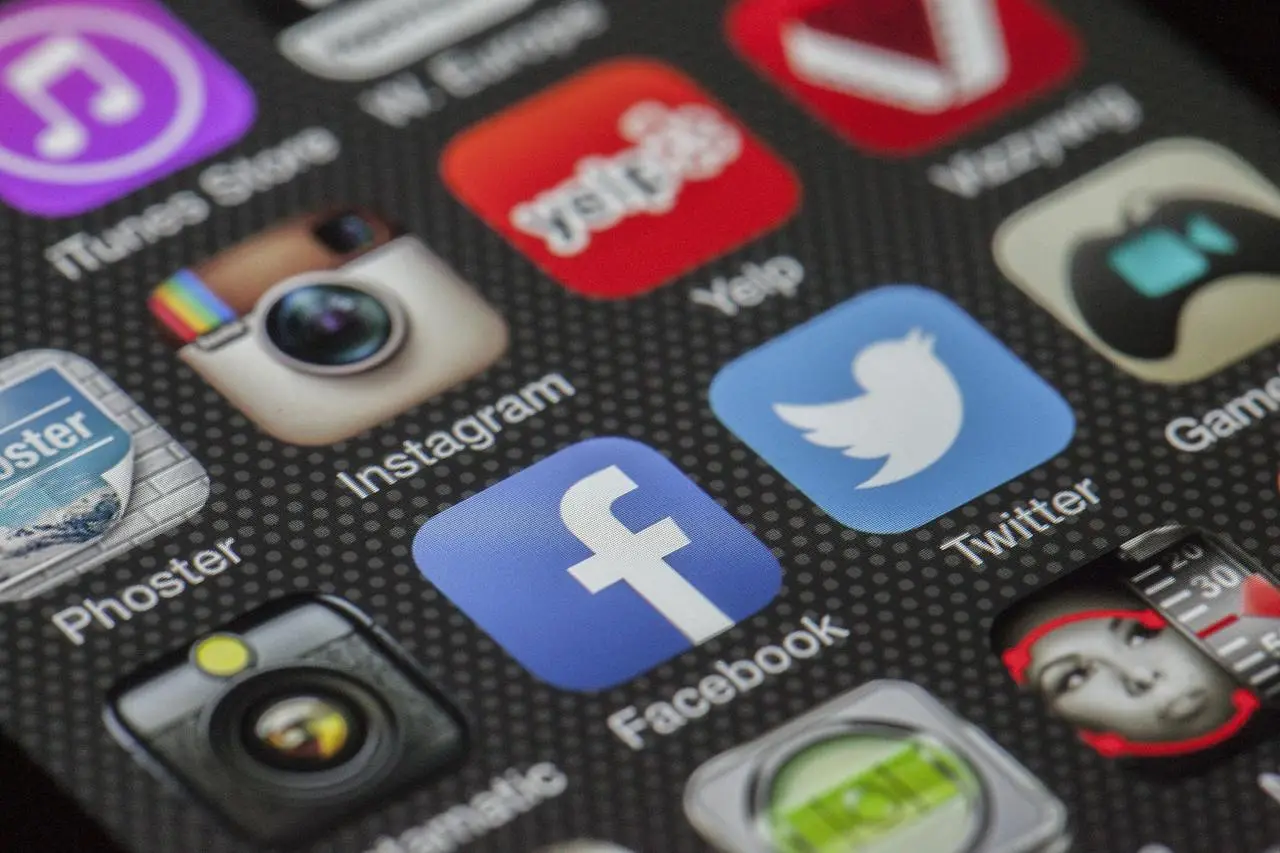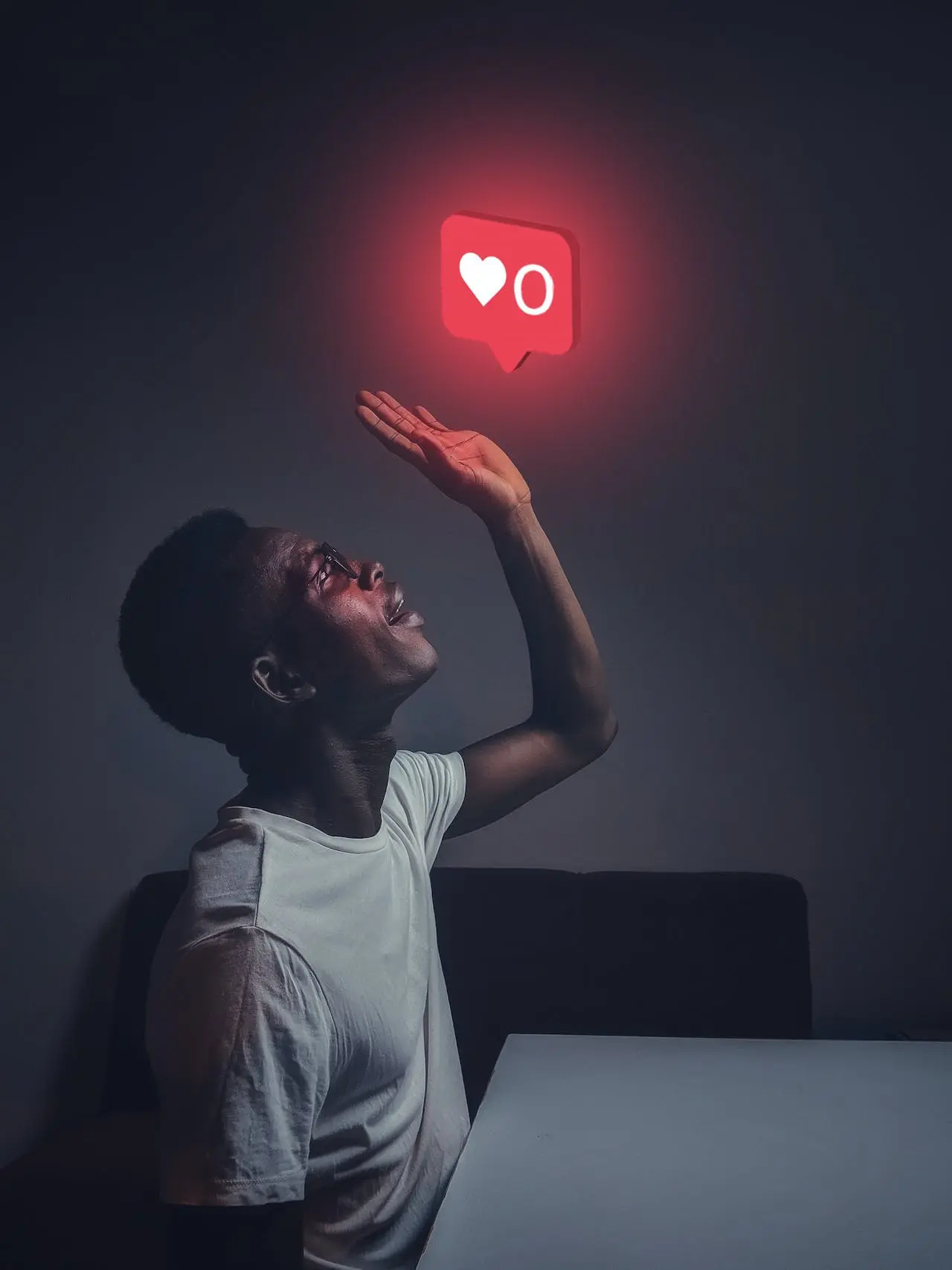A social media detox refers to a deliberate break from social networking platforms and online interactions. It’s a conscious decision to disconnect from the digital world temporarily, aiming to reduce screen time, alleviate stress, and foster a healthier relationship with technology. In today’s hyperconnected society, a social media detox is essential to combat information overload, restore mental clarity, and improve overall well-being. Taking time away from social media allows individuals to reconnect with the real world, strengthen relationships, and rediscover personal interests and hobbies. It’s a valuable practice in the digital age to promote mental and emotional balance.
How to Survive a Day Without the Internet
Each of us experiences something akin to emotional burnout from time to time. On such days, it’s crucial to give ourselves emotional rest and undergo a detox from the internet and social media.
The rules of a detox day extend beyond simply abstaining from the internet and social networks; that’s just the first step. The second is to make the entire day as peaceful as possible. Wake up without an alarm, take a sheet of paper, and jot down everything that comes to mind. It doesn’t matter if it’s a dream you had, a problem bothering you, or a situation that won’t leave you alone—try to write down every detail without pauses or reflections.
You’re simply pouring out all your troubling thoughts onto paper and starting the day with a clean slate. The key is not to reread what you’ve written afterward; just discard the sheet to avoid unwanted temptations.
Next, dedicate time to taking care of your body: a morning jog or yoga session fits in perfectly, or a visit to the gym, or even a light stretch.
The following step involves organizing your personal space. It’s no secret that external disorder usually breeds internal chaos. When a room is tidy, the thoughts of its owner fall into place, and the person is prepared for various activities.

After tidying up, it’s time for meditation. For instance, you can take a walk in the fresh air, jot something down in a journal, ride a bike, draw, or allocate an hour for genuine meditation.
In the evening, set aside time for that movie you’ve wanted to watch for a long time or the book you planned to read for yourself, not for a teacher or work assignment.
These rules are simple and don’t require superhuman efforts. To understand what it’s like for someone who lives an entire day following this plan, we decided to conduct a small experiment.
Phone Impairs Our Memory
“I admit, as soon as I turned off my phone and put away all my gadgets, I immediately wondered what I would do all day. What if someone calls or messages me? How will I know the latest news? A slight panic lasted for about half an hour because in the beginning, being without a phone does make you feel lost.
Nevertheless, when I woke up, took a piece of paper, I… struggled for a long time to understand what exactly I needed to write. I even started regretting getting into this whole situation: if the beginning was so tough, what would come next? Paradoxically, when I calmed down, my thoughts flowed, and I filled not just one but three A4 sheets. Who would have thought that it would really work: my thoughts clarified, and I felt a bit lighter and calmer.
Then, after my morning routines, I decided to check my messages and Instagram stories, but I caught myself in time and put my phone back in the desk drawer. I hadn’t even noticed before that checking social media had become a habitual reflex: before breakfast, it was mandatory to scroll through social networks. I must confess that this realization slightly upset and surprised me.
But since the plan included sports activities (and I recently bought a gym membership), I went to the gym. I was the only one there in the morning. Usually, I run on the treadmill for about an hour and watch various series on my phone, but today, there was no phone. For the first 20 minutes, I was literally dying of boredom and the monotonous scenery in front of me.

But then, I began thinking about various things: I remembered I forgot to send photos to my friend (because I got distracted by a new YouTube video) and that I hadn’t picked up my dad’s suit from the tailor, even though my mom had asked me several times. All these things that had seemingly slipped my mind suddenly started rushing back, one after another.
When I got back home, the not-so-enjoyable task of cleaning my room awaited me. Spending about two hours on it, I felt really hungry. Usually, in such situations, I would order food at home via phone or tablet (since my parents went on vacation for a week, I rarely cooked for myself).
It was precisely at this moment that I wanted to give up on the experiment, but since more than half of the journey was already done, I simply couldn’t bring myself to stop, so I went to the store and cooked my own lunch for the first time in a long while. As it turned out, cooking isn’t as boring, difficult, and unpleasant as I had convinced myself it was.
Next on the list was meditation. I thought I relaxed the most when I played the piano and colored special psychological coloring books – anti-stress ones. So, I decided to dedicate time to both. Surprisingly, even though playing the piano brings me immense pleasure, I hadn’t played for over a month (even the keys were dusty), and to find my coloring book, I had to go through the contents of my drawers.
In the evening, I decided to read the book I had been struggling to read for a year because there was never enough time.
And so, my detox day came to an end. What conclusions can be drawn? I hadn’t even noticed that, like Pavlov’s dog, I had developed a reflex: engage in something – immediately grab my phone, spend hours on social media, endlessly scrolling through the news feed (until the app itself started lagging). In one “unloading” day, I accomplished more than I would in an entire week: I played the piano for the first time in a month, voluntarily went to the gym in the morning, tidied up my room, and even took some time for myself.”
Phone Consumes Our Time and Memory
The phone largely burns our time, time that we could spend productively on ourselves, with our loved ones, or at work. I forgot to mention another crucial point: the phone significantly erodes our memory. Even though we think we’ve saved important information (or photographed it), in reality, it doesn’t stick in our minds; the notes and photos are quickly forgotten amidst the flow of other information on the phone.
The detox day really helped me realize this, although it was difficult, and I wanted to quit and go back to my old ways many times. Now I’m glad I agreed to this unusual experiment and decided to have a similar day for myself at least once a month because such mental unloading is genuinely necessary for everyone.
I Don’t Want to Give Up What Brings Me Pleasure
“Waking up, I easily handled the first two tasks. Difficulties arose closer to lunchtime. At this time, I usually text my classmates and friends, make plans for meetups and trips, jot down football notes, and check the news feed. Since the phone and computer were off-limits, I simply didn’t know what to do, how to contact people, or inform them about my plans.
There was a strong temptation even for a minute to grab my phone and reply to incoming messages, but to avoid that, I decided to move on to the third task – sports activities.

Usually, if I exercise at home, I follow workout videos. But I couldn’t use social media this time. Cleaning was dull because I usually watch a series or listen to music from my playlist simultaneously. Without background noise, it felt like the whole process took much longer. Of course, this experiment helped me realize that I spend a lot of time on the internet, but I realized for myself that I don’t want to give up what brings me pleasure.
By evening, it became even harder since there was absolutely nothing to do. The room was tidy, meditation exercises were done, but to read a book, I needed a tablet or a phone (I haven’t used paper books since school), so I just sat in silence and listened to music on the radio.
Overall, this was an incredibly tough experience for me, and I don’t want to repeat it. Initially, it seemed interesting to challenge myself: could I stay off the internet for even a day? But honestly, I found this experiment intriguing only for the first couple of hours; then it just became inconvenient.
I read books online, I watch movies online, so I had to give up both. Communicating with friends also became impossible since using social media was prohibited. This day not only didn’t help me become calmer but, on the contrary, intensified my sense of anxiety.
I realized that there’s no need to artificially restrict oneself. It’s much easier for me to reduce the time spent online than to completely give it up, even if just for a day.
It’s a Good Opportunity to Live a Day in Real Life
To find out whether these detox days are worth it and if they are safe for the mental and emotional well-being of modern youth (and not only them), we consulted psychologist Alla Anatolyevna Nabatova:
“Undoubtedly, social media have a significant impact on a person’s life. Of course, they bring great benefits. However, numerous studies by psychologists and sociologists prove that constant immersion in social media leads to the formation of internet addiction, increased anxiety levels, disruption of social connections, self-esteem problems, and so on.
Therefore, lately, the question arises about finding a balance that reduces the risk of these problems arising. One day without the internet per week could be a preventive measure against internet addiction.
It’s a good opportunity to live this day in real life, with close friends. If a person perceives such a day as a punishment, if they have no one to meet and nowhere to go, and they don’t want to do anything, then it’s worth considering that one day without social media is not enough, and life on the internet seems more preferable than reality.”
Why We need a Social Media Detox?
Over the past 10 years, our relationship with technology has drastically changed. With each passing year, people acquire and use more gadgets. According to the research by the analytical company “WeAreSocial,” in 2022, there were 5.11 billion unique mobile devices in the world, which is 100 million (2%) more than in 2018.
3.26 billion people use social networks. This is 297 million (10%) more compared to the previous year. The average time spent online for everyone worldwide is 6 hours 42 minutes.
These data were collected before the Covid-19 pandemic when people led their normal lives—going out, exercising, traveling, working, spending time outdoors, meeting friends. Due to the forced isolation, many people are now using smartphones, tablets, and TVs more frequently.
This is directly related to several factors:
1. Using apps for video calls, conferences, international calls, and talking to family and friends.
2. For entertainment, self-education, and leisure, people increasingly turn to gadgets and the internet because there is so much interesting content available.
3. It’s now easy to visit museums around the world, watch circus performances like “Cirque du Soleil” with children, and enjoy many theaters.
4. Finally, you can catch up on all the popular TV series.
Active use of gadgets can backfire. “When a person uses a phone, computer, or tablet for a long time, they don’t notice how they involuntarily lean forward and downward, increasing the load on the cervical spine. This can lead to back pain, migraines, and a feeling of stiffness,” notes the specialist.
Gadgets emit “blue light,” which negatively affects mental health with prolonged or frequent use. Do you like scrolling through social media before sleep? At that moment, the production of melatonin, the hormone that regulates a person’s internal biological clock, is disrupted. This can lead to insomnia, disruption of sleep phases, and poor well-being.
“With frequent phone use, mental illnesses can develop, such as ‘phantom phone syndrome’—when a person thinks they’re receiving a call or message, but their gadget is actually silent,” the specialist points out.
Give Yourself a Digital Detox
It’s better to have more “digital detox” days—times when you consciously refrain from using gadgets and dedicate time to yourself and your loved ones.
Organize your day so that it’s filled with diverse activities: exercises, reading physical magazines and books, household chores, spending time with family. Make sure to take 10-minute breaks to rest from the computer. Walk around your apartment, look out the window into the distance, switch gears, do some physical exercises. In the evening, try to relax away from gadgets, spend time with loved ones, pursue your interests and hobbies.
The benefits of “digital detox” and self-reflection:
1. Strengthens self-confidence: When you shift your focus from the external world, social networks, and society’s imposed stereotypes to your inner world, you compare yourself less with others and increasingly with your true self. During this period, it’s very useful to analyze your life over the past months or years: what you wanted and what you achieved, what you’re proud of, how you’ve improved, what you want to change, and why.
2. “Digital detox” and solitude help clear the mind: Scientifically proven, spending time in conscious silence alone with oneself helps clear the mind. This practice provides an opportunity to truly hear oneself, one’s needs.
3. Stress relief through mindful slowing down of life: By slowing down, you naturally focus on what’s important to you, not on meeting others’ expectations.
4. Development and strengthening of independence: There have been moments in each of our lives when only we ourselves could help. Now is a very favorable time to train independence and strengthen faith in our own abilities.
Learn More: Digital Detox